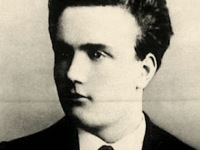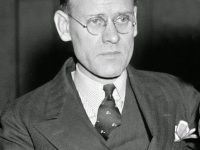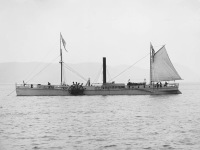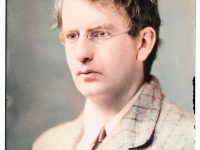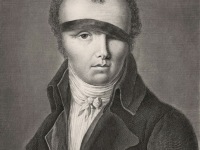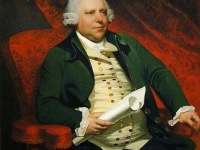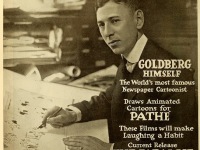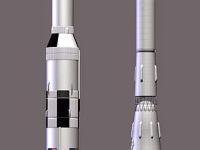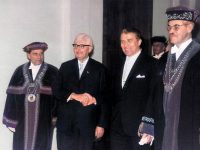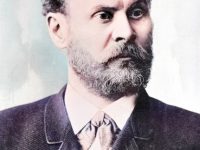Paul Nipkow and the Picture Scanning Technology
On August 22, 1860, German engineer Paul Gottlieb Nipkow was born. He is best known for having conceived the idea of using a spiral-perforated disk (the Nipkow disk), to divide a picture into a matrix of points, and became an early television pioneer. “Finally, on Christmas Eve 1883, when I was sitting in Philippstrasse in Berlin without a tree and without candles, everything was put down on paper[,] and somehow I managed…
Read more

